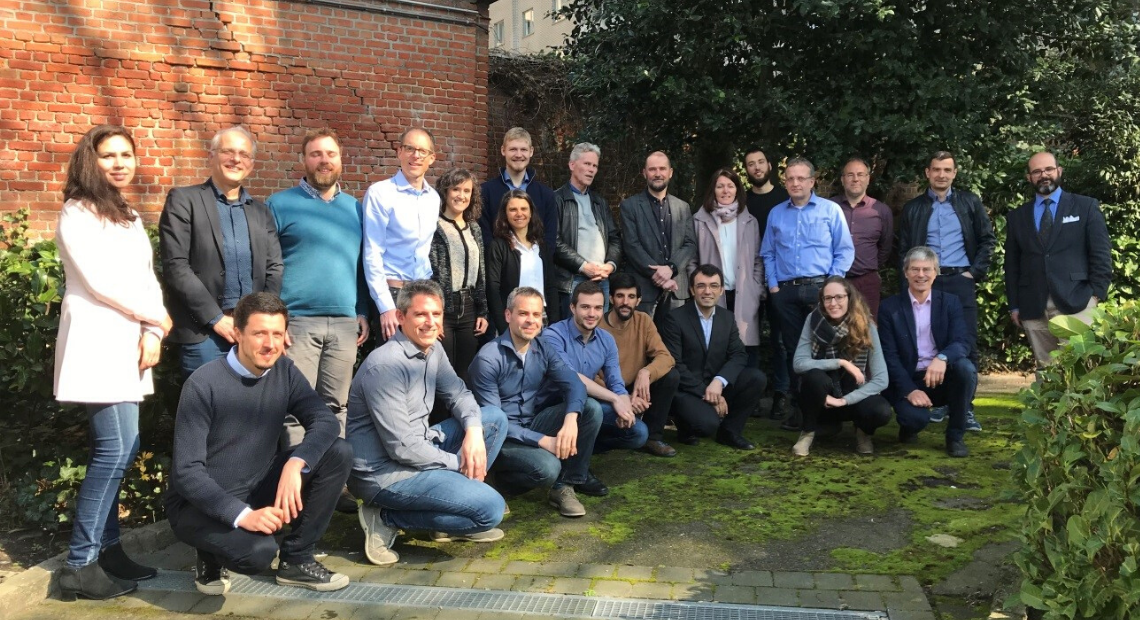The main objective of the TRI-HP project is the development and demonstration of flexible, energy efficient and affordable tri-generation systems (tri stands for heating, cooling and electricity) which can obtain up to 80% of the energy requirement from renewable energy sources on site. According to current simulations, these innovative system solutions will reduce system installation costs by at least 10-15% compared to current heat pump technologies with equivalent energy performance.
The systems will be based on electrically driven natural refrigerant heat pumps coupled with renewable electricity generators (photovoltaics/PV), using cold (ice slurry), heat and electricity storages to provide heating, cooling and electricity to multi-family residential buildings with an on-site renewable share of 80%. The project will develop two system concepts for two different combinations of heat sources. For the operation of the heat pump, the first concept uses a dual geothermal/air heat source/sink and the second a combination of solar heat and an ice-slurry storage tank. In addition, two heat pump types (with the refrigerant CO2 or propane) will be developed, so that finally three complete systems (CO2 solar ice-slurry, propane solar ice-slurry and propane dual source/sink) will be tested in the laboratory.
TRI-HP systems will include advanced controls, managing electricity, heat and cold in a way that optimizes the performance of the system and increases its reliability via failure self-detection.
IREC will be responsible of development of management and control systems and the fault detection algorithms as well of testing some of the systems in the SEILAB laboratory. The project started in March 2019 and will last for 4 years, with participation of the Energy Systems Analytics group, led by Dra. Cristina Corchero and the Thermal Energy and Building Performance group led by Dr. Jaume Salom, from IREC.
A total of 12 project partners from universities, research institutes, industry and SMEs from Switzerland, Germany, Denmark, Norway, Belgium and Spain are involved in the project. TRI-HP is coordinated by SPF Institute for Solar Technology at HSR University of Applied Sciences in Rapperswil, Switzerland. The project is funded under grant agreement No. 814888 as part of the European Union’s Horizon 2020 research and innovation programme.




